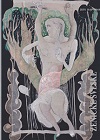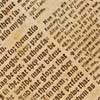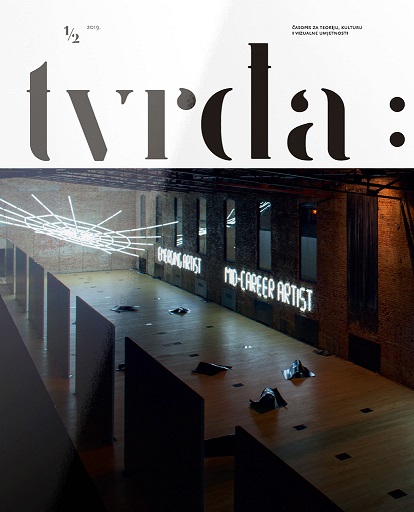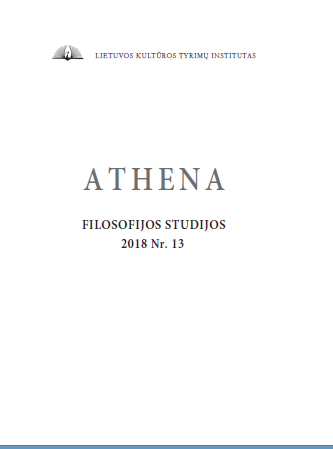Gibt Es eine Moralische Pflicht zur Organspende? Thesen zu einem Umstrittenen Thema
There is an obligation of us as human beings to help other persons who need help by giving them something from what we possess. But we do not “possess” our organs. The kind of action by which organs are transplanted is not simply the kind of an act of help or solidarity. Since to it belongs the ending of a patient’s life on cause of the doctor’s action the decisive question is if it belongs to the essence of that kind of action that it is the killing of a human being. My thesis is that it is not an act of killing. But it is a complex kind of action of a new and genuine character and therefore needs cautious and restrictive ethical consideration. In no case there can be something like a human duty to give one’s organs to others.
More...



